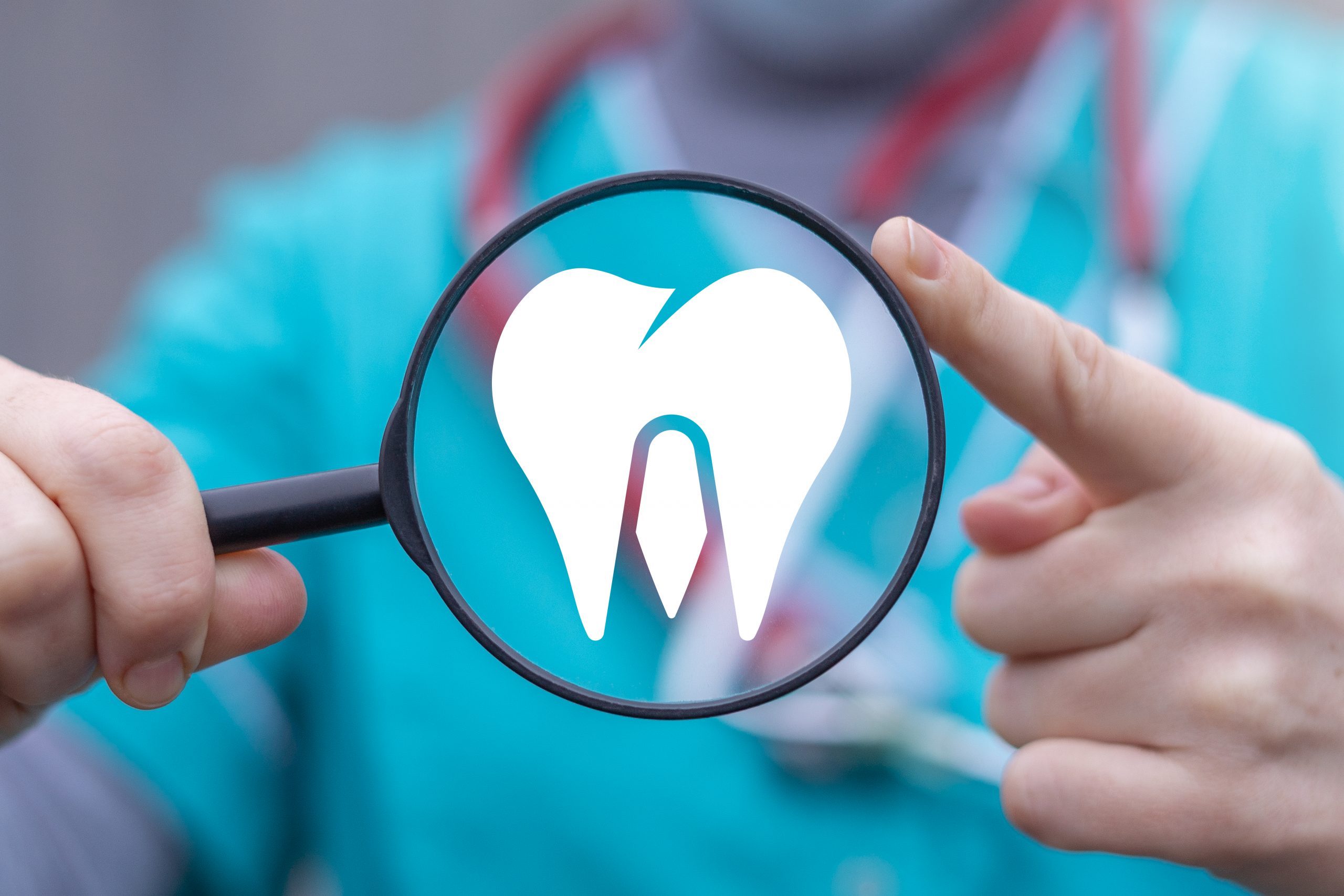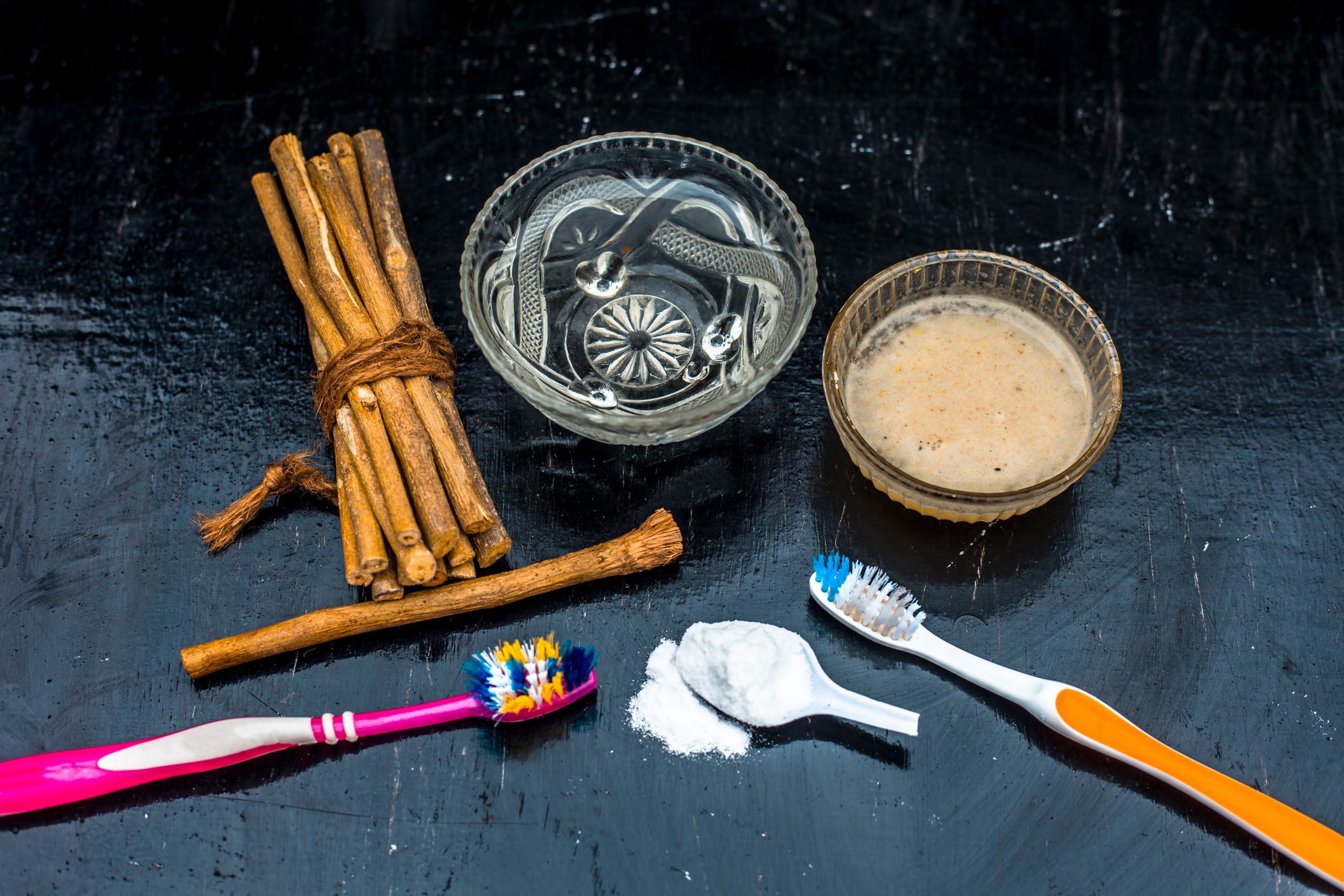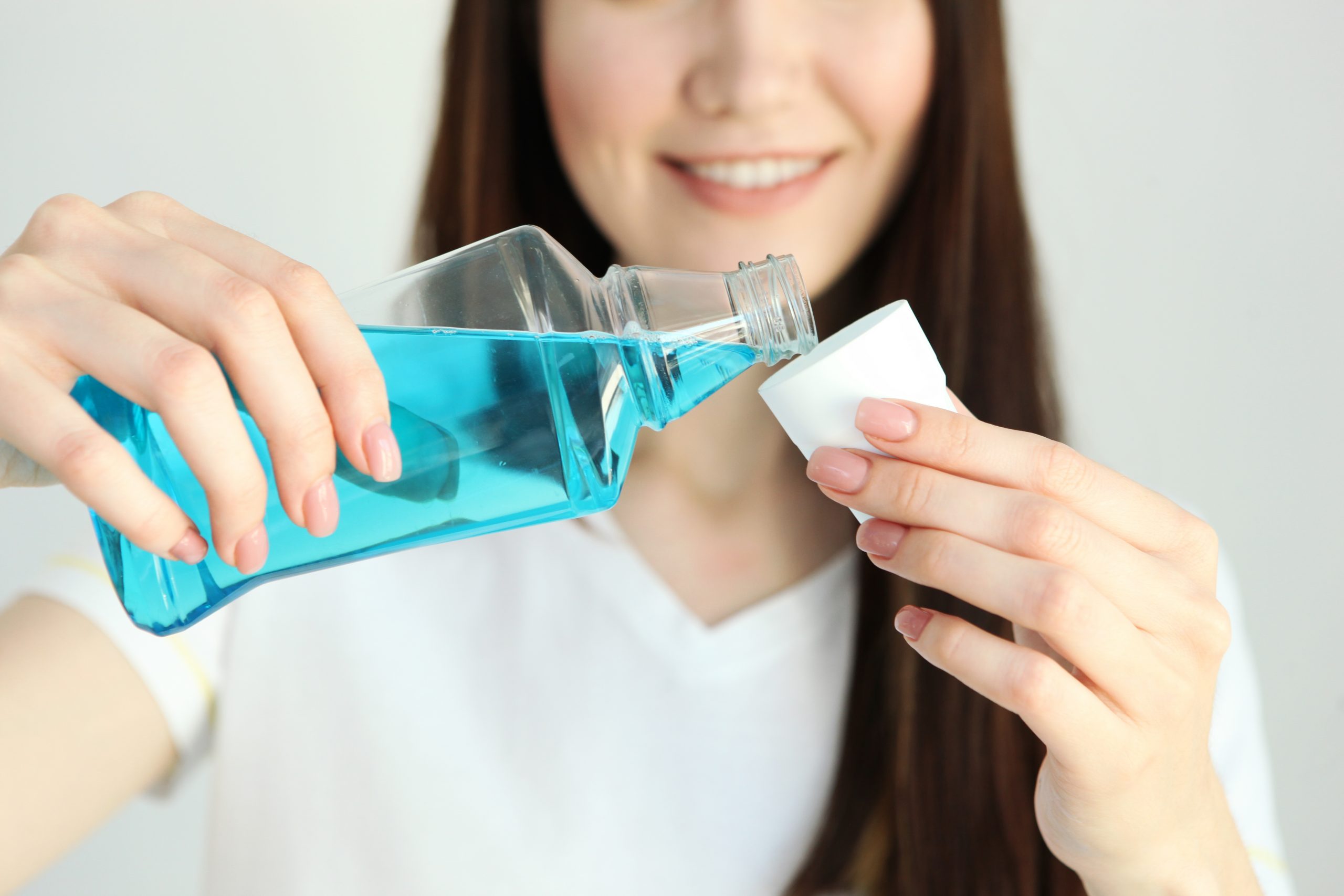When it comes to maintaining good dental health, most of us are familiar with the importance of brushing, flossing, and regular dental check-ups. However, there’s another player in the game of oral health that is gaining recognition for its beneficial effects – probiotics. Probiotics are live bacteria and yeasts that are beneficial for our overall health, including our oral health. In this article, we explore the role of probiotics in promoting dental health and how they can contribute to a healthy smile.
- Balancing Oral Microbiota: Our mouths harbor a diverse community of microorganisms, including both beneficial and harmful bacteria. Maintaining a balance between these microorganisms is crucial for oral health. Probiotics, when consumed orally or topically, can help restore and maintain a healthy balance of oral microbiota by promoting the growth of beneficial bacteria and suppressing the growth of harmful bacteria. This can contribute to healthier teeth and gums.
- Reducing Plaque Formation: Plaque is a sticky film of bacteria that forms on our teeth and gums. If not properly managed, it can lead to tooth decay, gum disease, and other oral health issues. Probiotics have been found to inhibit the growth of plaque-causing bacteria, helping to reduce plaque formation and its negative consequences.
- Preventing Gum Disease: Gum disease, also known as periodontal disease, is a common oral health condition characterized by inflammation and infection of the gums. It can lead to gum recession, tooth loss, and other complications if left untreated. Probiotics can play a role in preventing gum disease by promoting a healthy balance of oral microbiota and reducing inflammation in the gums.
- Strengthening Tooth Enamel: Tooth enamel is the protective outer layer of our teeth. It is susceptible to erosion and damage from acids produced by harmful bacteria in the mouth. Probiotics can help strengthen tooth enamel by inhibiting the growth of acid-producing bacteria and promoting a more alkaline oral environment. This can help prevent tooth decay and enamel erosion.
- Fighting Bad Breath: Bad breath, or halitosis, can be caused by the buildup of bacteria in the mouth. Probiotics can help combat bad breath by reducing the population of odor-causing bacteria and promoting a healthier oral microbiome. By addressing the root cause of bad breath, probiotics can provide a more long-lasting solution than simply masking the odor.
- Enhancing Saliva Production: Saliva plays a crucial role in maintaining oral health. It helps wash away food particles, neutralize acids, and remineralize teeth. Some probiotics have been found to stimulate saliva production, which can contribute to a healthier oral environment and better protection against tooth decay and gum disease.
- Supporting Immune Function: Probiotics have been shown to have immune-modulating effects, meaning they can help regulate and strengthen our immune system. This can be beneficial for oral health as a strong immune system can better defend against oral infections, reduce inflammation, and promote faster healing.
Incorporating Probiotics into Your Dental Routine:
- Probiotic Supplements: Probiotics are available in supplement form, specifically formulated for oral health. Look for supplements that contain strains of bacteria known for their beneficial effects on dental health, such as Lactobacillus reuteri and Lactobacillus salivarius. Follow the recommended dosage instructions provided by the manufacturer.
- Probiotic-Rich Foods: Certain foods are naturally rich in probiotics and can be beneficial for oral health. Incorporate fermented foods into your diet, such as yogurt, kefir, sauerkraut, kimchi, and kombucha. These foods can introduce beneficial bacteria into












